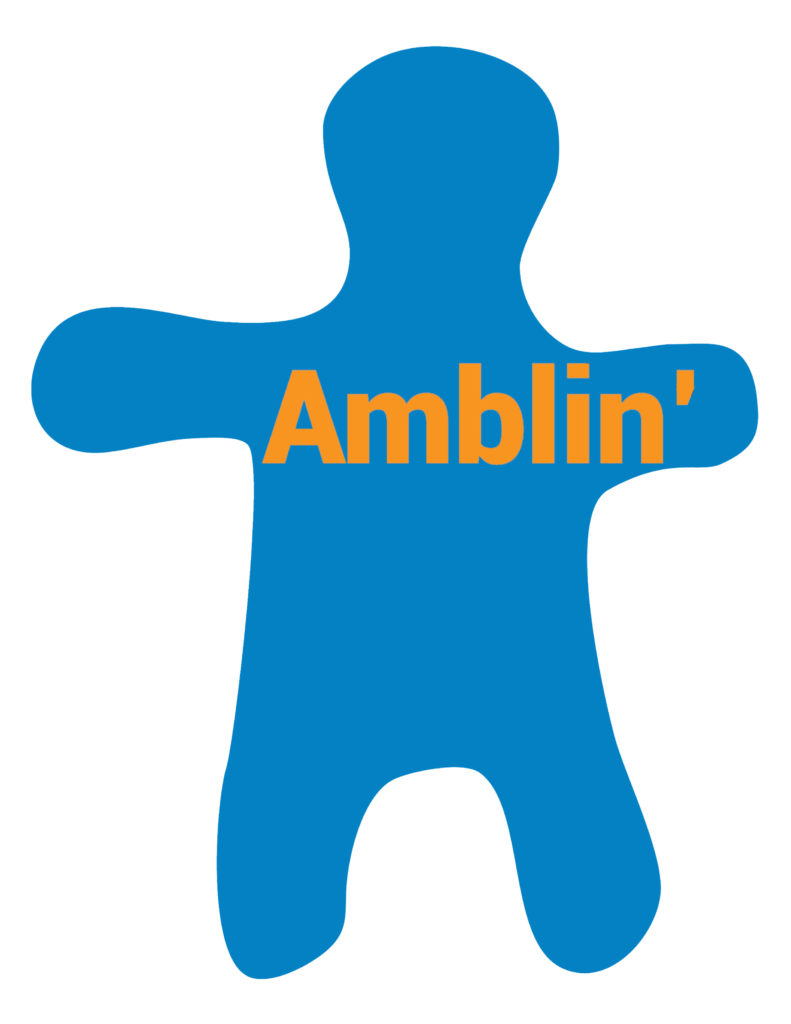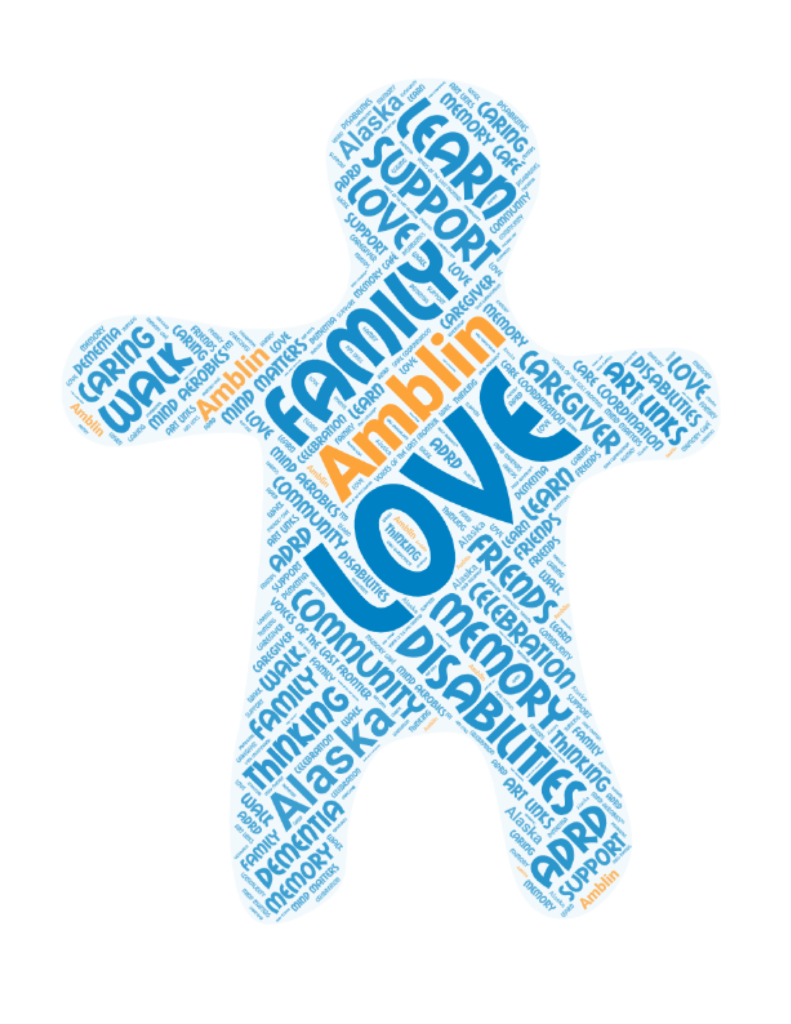Early Onset
Early-onset Alzheimer’s disease, also known as “Young-onset” Alzheimer’s disease is a rare form of dementia that affects people under the age of 65. This form of Alzheimer’s is estimated to affect approximately 200,000 individuals in the United States.
Causes:
Like Alzheimer’s disease that strikes individuals at later in life, it is still unknown what causes Early-Onset Alzheimer’s disease in the majority of cases. There is one rare exception, families who have a history of early-onset Alzheimer’s, can pass a genetically transferrable gene mutation to their children. Mutations found in the APP, PSEN 1 or PSEN 2 genes, if inherited will cause Early-Onset Familial Alzheimer’s (EOFA). However, this genetic link is extremely rare and only found in a small portion of all Alzheimer’s cases. Being tested for the gene is each individual’s choice, but unless there is a clear history of Alzheimer’s before the age of 65 in multiple members of your family it is unlikely to answer any questions.
Signs:
If you are experiencing changes outside of “normal aging” it is important to speak with a medical professional or start with a consultation at Alzheimer’s Resource of Alaska. Early signs may be subtle and include a loss of memory, language or spatial orientation. For people who have been diagnosed with Mild Cognitive Impairment (MCI) it is important to monitor cognitive functions to ensure there has not been a progression.
Importance of an Early Diagnosis:
Early diagnosis is essential. There are a number of conditions that can cause the same symptoms as Alzheimer’s disease but are treatable. If Alzheimer’s disease is the diagnosis, it is important to know what resources are available and to be aware of what to expect as the disease progresses. Many people continue living an active life long after a diagnosis. Start with Alzheimer’s Resource of Alaska and find out what programs, services and information are available to you and your family. Click here to learn more about free memory screenings under Education.
 Make a Payment
Make a Payment



